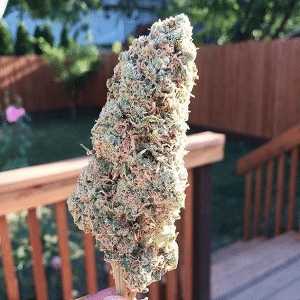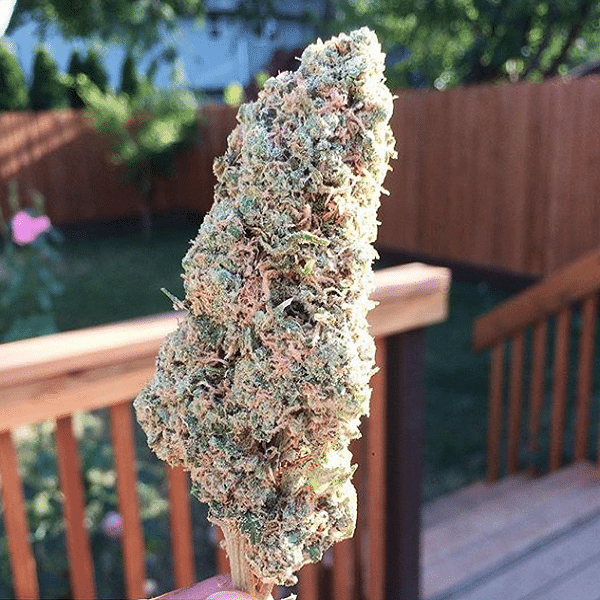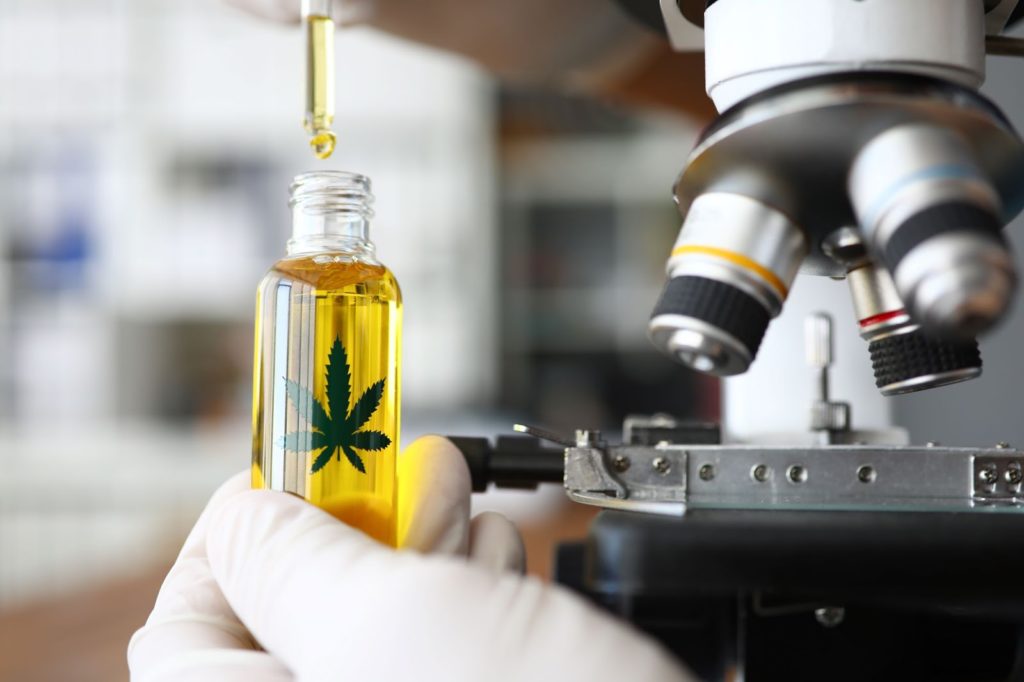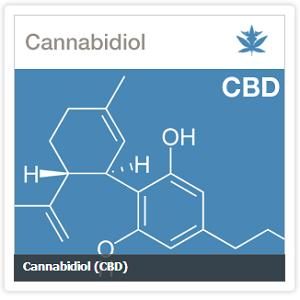 By Allen St. Pierre, NORML Executive Director
By Allen St. Pierre, NORML Executive Director
We read with interest the recent review of medical use of cannabinoids (1). As the authors attempt to emphasize, they focus on a heterogeneous collection of experiments that employed a range of treatments, including synthetic THC, CBD, and THC-mimicking drugs.
Lay readers might inappropriately generalize these results specifically to whole plant medical cannabis But few (only two) of these experiments were conducted using medical cannabis; most of the studies reviewed focused on outcome measures that do not address the plant’s potential advantages over a single, compound agent in pill form.
For example, the authors conclude that evidence of individual, synthetic cannabinoids to help nausea and vomiting due to chemotherapy was low in quality. Within hours of the publication of the paper, mainstream media coverage applied these conclusions to medical cannabis per se, not just medical cannabinoids (2). In fact, as the authors emphasize, only 6 of the 28 studies assessing nausea and vomiting used THC, and none of these actually employed vaporized or inhaled botanical cannabis. The dependent measures were also not sensitive to the key advantage of medical cannabis for nausea: speed of onset. (Inhaled medicines can work within seconds. Sprayed extracts require at least a half hour while cannabinoids in pill form can take multiple hours.) The authors were generally careful about these caveats, but the disparate and inaccurate media coverage suggests that flagship journals in all fields now have to be even more diligent when cautioning readers about the inappropriate generalization of results. Despite increasing popularity, medical cannabis remains controversial and, apparently, newsworthy. As reviews of the effects of cannabinoids proliferate, authors, editors, journal staff, and journalists might welcome a reminder that cautions about interpretation need to be spelled out in more effusive, detailed, and thorough ways.
Mitch Earleywine, Ph.D.
University at Albany
Department of Psychology
Chair, NORML Board of Directors
Paul Armentano
National Organization for the Reform of Marijuana Laws (NORML)
Amanda Reiman, Ph.D.
Drug Policy Alliance
1) Whiting PF, Wolff RF, et al. Cannabinoids for Medical Use: A Systematic Review and Meta-analysis. JAMA, 2015: 313(24):2456-2473
2) Seaman, AM. Medical marijuana: good evidence for some diseases, weak for others. Reuters. June 24, 2015. https://www.reuters.com/article/2015/06/23/us-marijuana-medical-evidence-idUSKBN0P31WT20150623
Source: NORML - make a donation





